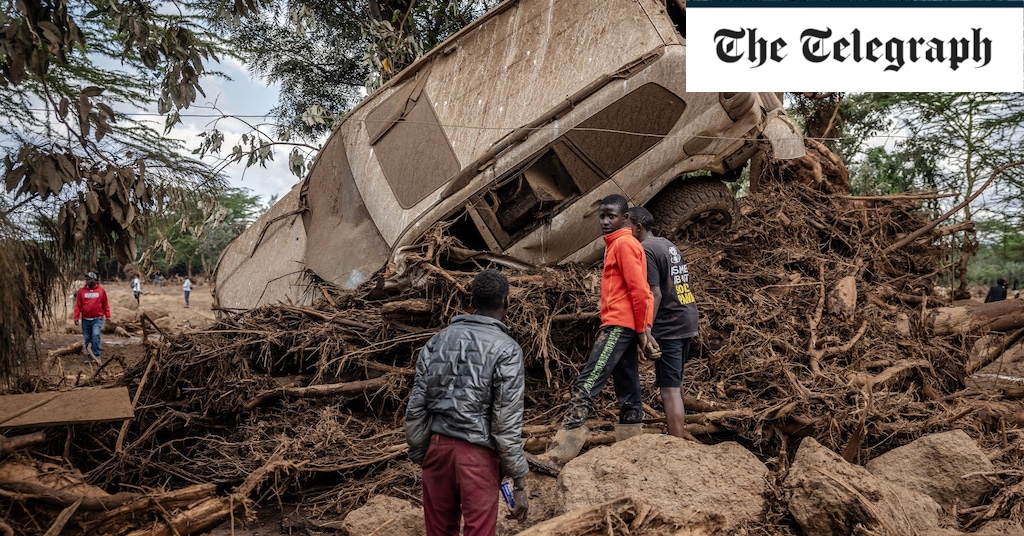
Around 70 per cent of Nairobi’s population live in informal settlements, but they occupy just five per cent of the city’s land.
These congested living conditions can cause the outbreak of deadly diseases to spiral out of control.
MSF added that other flood-related health risks include respiratory infections, asthmatic attacks, and complications from interrupted medication regimens for chronic diseases.
Residents near rivers and other high-risk areas have been ordered to leave by the government, but with no relocation plan in place, these families have no place to go.
Ms Wright said many of the families they support are sheltering in schools and church halls.
“One of the mothers who we work with said, ‘I’m so glad you made me move because my neighbours refused to move, and now two of them are dead,’” she said.
Just last week a woman gave birth inside one of the makeshift shelters, Ms Wright added.
Like Joy, Catherine, a 28-year-old local in Kiambiu, lost everything she owned.
“I chose to save the children and our legal documents and then watched as everything submerged,” she said. “I feel like I am set back to zero.”
Protect yourself and your family by learning more about Global Health Security

